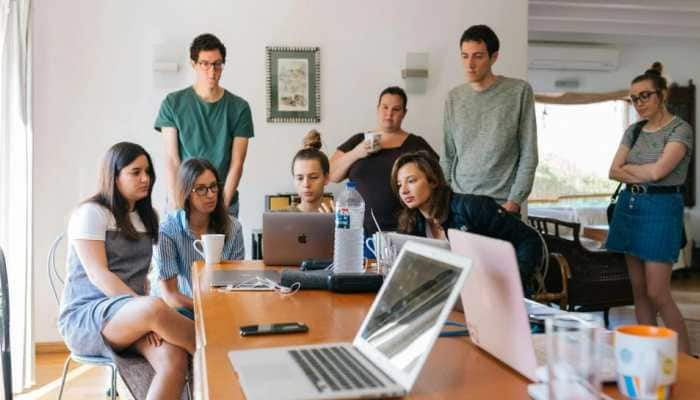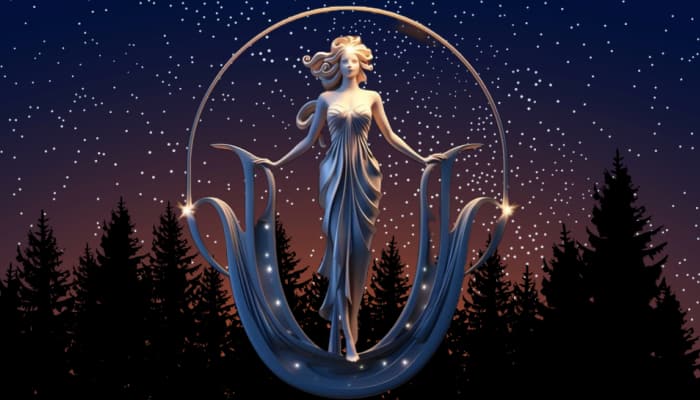New Delhi: Puppet theatre as creative entertainment has become integral to contemporary performances in the last few years drawing new legions of viewers to its fold in redefining an ancient art form - believed to have originated in India - to address new cultural needs.
The Ishara International Puppet Theatre festival April 8-16 in Delhi, Gurgaon and Chandigarh will bring to the country troupes from Russia, Israel, Bulgaria, Iran, Portugal, Italy and Spain, who will perform a melange of new and traditional puppetry. In the last decade, puppetry has combined with other mainstream arts like acting, dance, theatre and stage dialogues.
Puppetry, believed to have been born in India, finds reference in the Tamil epic ‘Silappadikaaram’ written around the 1st or the 2nd century BC. Historians say it came into practise nearly 500 years before the birth of Christ. Traditional puppet theatre in India was themed on mythological stories and based on the ancient ‘Natyashastra’.
Each region evolved its own puppetry tradition like the ‘Kathputli’ of Rajasthan, ‘Kundhei’ of Orissa, ‘Gombeyetta’ of Karnataka, ‘Bommalattam’ of Tamil Nadu, ‘Pavakoothu’ of Kerala, ‘Putul Natch’ of Bengal and ‘Yampuri’ of Bihar. Over the centuries, it has moved beyond mythology to campaign on social issues.
The producer of the Ishara International Puppet Theatre Festival, Teamworks Production, said the "festival has grown bigger this year to reach out to countries whose puppetry traditions do not always tour the globe". Countries like Bulgaria, Israel, Portugal and Italy will showcase their puppet theatres in India for the first time.
Petar Todorov, director of the entry from Bulgaria, ‘Garbage for Plums’, says the play "is based on a very popular and funny Bulgarian folktale, full of self irony and humour that is typical to Bulgarian folklore".
"We try to transmit the traditional Bulgarian system of values to children in the country and to audiences elsewhere," Todorov said.
The festival will begin April 8 with ‘Masha and the Bear’ by the Moscow Regional State Puppet Theatre in English at the India Habitat Centre. The theatre narrates the tale of Masha, a little girl who loses her way while picking fruits. It uses a fusion of traditional Russian puppetry and modern theatre.
On subsequent days, the festival will host master Indian puppeteer Dadi D. Pudumjee`s ‘Heer ke Waris - based on Kitaab-e-Ishq by Waris Shah; ‘Dhola Maru’, a love story from the deserts of Rajasthan by Puran Bhat; ‘Ravan Chhaya’, a shadow puppet theatre of Odisha; ‘The Pier is Alive’ from Portugal; ‘Nonso and Nonsa’ from Italy; ‘Garbage for Plums from Portugal; ‘The Cubes Circus’ from Israel; ‘The Musician Who Played the Moon’ from Israel and ‘Bernarda`s Backstage’ from Spain.
However, the main attraction of the festival will be ‘Heer ke Waris’.
Pudumjee says "the bilingual play in Hindi and Punjabi scripted by actor and stand-up comedian Maheep Singh is the tale of the doomed love between Heer and Ranjha, who met to part and then reunite under tragic circumstances.
"The idea of doing this universal love story is because people can identify with sagas like `Laila Majnu`, `Shirin Farhad` and `Heer Ranjha`. There are two versions of `Heer Ranjha`, one with a happy ending and the other with a tragic ending. We have chosen the story with the sad ending. We are working on the story at three levels - the present-day significance of the story, the traditional backdrop and a combination of genres," Pudumjee said.
The script intreprets the star-crossed love of Heer-Ranjha in the modern day milieu with the tale of a young couple, "who face similar problems in love like opposition from families," Pudumjee said. The puppeteer looks at Heer as a Sufi seer and employs shadow puppets, big hand held puppets, actors, dancers, poetry and live music to narrate the Sufi epic on stage.
"We have used original poetry from the compositions of Waris Shah," Pudumjee, a pioneer of Indian cintemporary puppetry, told reporters.
The festival will discuss puppetry as a performance tradition at a two-day seminar April 11-12.
"The centuries-old tradition has been evolving. Now, each artist puts in something. Presentations are faster and often shorter. Modern puppetry is not bound by any style. It is a full-fledged performance art that merges as a holistic theatre module with other arts on stage," Pudumjee said.
IANS







)
)
)
)
)
)
)
)
)
)
